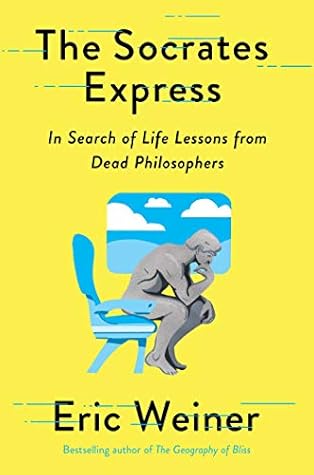we jumped too quickly from “is” to “ought.” A moral “ought” never follows directly from a factual “is.” (That’s why the “is-ought problem” is also known as “Hume’s Guillotine,” since he cleaves “is” from “ought” and insists on a gap between the two.) Embezzling money from your employer is likely to lead to negative outcomes; therefore you ought not to embezzle. Not necessarily, says Hume. You can’t move from a statement of fact to a statement of ethics. Getting out of bed may be healthy and lucrative, but that doesn’t mean we “ought” to do so. Maybe we don’t want better blood flow and
...more
Welcome back. Just a moment while we sign you in to your Goodreads account.


